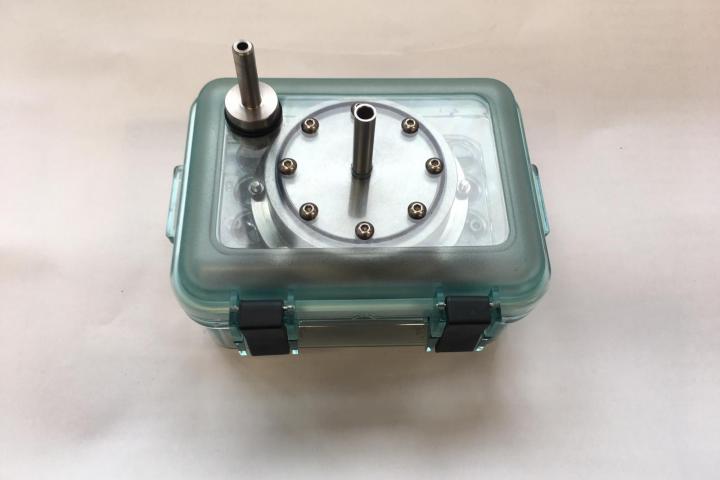
A portable "toxicological incubator" is a compact device for exposing cell cultures and their aerosol models. "A significant part of the genotoxic effect (damage to genetic information) is associated with substances that are not normally monitored, such as 3-nitrobenzanthrone contained in the exhaust gases of diesel engines. Of all the known substances, it has one of the highest mutagenic effects, "says Pavel Rössner from the Department of Genetic Toxicology and Nanotoxicology of the Institute of Experimental Medicine of the ASCR.
In addition, experience with emissions from internal combustion engines from the last few decades, according to prof. Michal Vojtíšek from the Faculty of Mechanical Engineering of the Czech Technical University in Prague prove that emissions must be monitored not only under laboratory conditions, but also in real operation, when emissions may be higher.
Substances such as carbon monoxide, nitric oxide, nitrogen dioxide, sulfur dioxide or their categories are monitored and subject to emission limits. However, not all compounds hazardous to health are monitored and their effects, in particular the combined effects of mixtures of many substances, are not understood in detail.
One of the solutions is to monitor the effects of hazardous substances and their mixtures directly on living organisms or their parts. The new patent describes a concept created in cooperation with the Czech Technical University in Prague and the Czech University of Life Sciences in Prague within the project Mechanisms of toxicity of gasoline engine emissions in 3D tissue cultures and in a model bronchial epithelial cell line, set up by the Grant Agency of the Czech Republic. The main researcher of the project is the Institute of Experimental Medicine of the ASCR.
